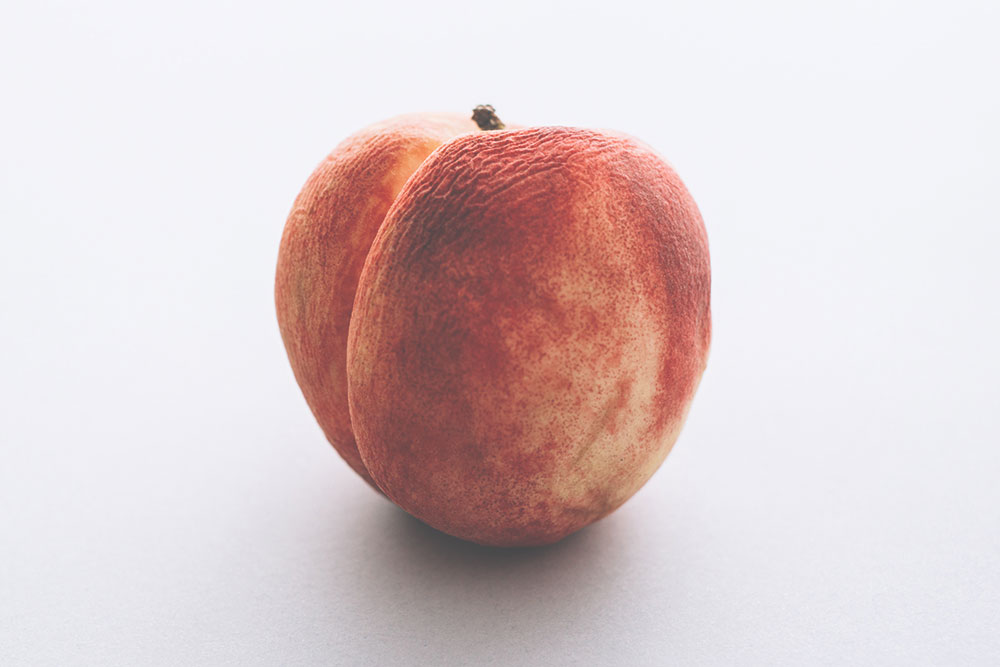Food has always been a way to stay connected with those we love, past and present. Allow yourself to take part in the experience of making new memories and sharing in the joy.
BY: PAIGE SMATHERS, RDN, CD
Years ago, my then 90-year-old grandma taught me how to can peaches. We spent hours in the kitchen together, peeling, cutting, measuring, talking and laughing together. It was one of my favorite memories with her—she was so beautiful and radiated love as she showed me the art of canning she learned from her mother, and her mother learned from hers.
It was a truly beautiful afternoon I’ll always remember.
Years after my beautiful grandma passed away, I got around to canning peaches again. I bought gorgeous fresh peaches from a local farmer’s market, brought them home and began the same process of peeling, cutting and measuring just as I’d done with my grandma. This time, I was with my two young girls, showing them how it’s done…just like my grandma had done with me.
This experience reminded me of a time when preparing food and the experience of eating what you made can be without all the diet culture and body image noise.
As a society, many people view food as something we need to fight against— something to fear even.
But that’s not really what it’s about. Food is supposed to connect us: it’s connects us to people, our environment, and even more so, food connects us to ourselves.
The rituals around food, the memories that come with it, and all that the food experience brings can create a sense of nostalgia and connections. And in the end, that’s what food is really here for.
Canning those peaches and the entire experience around it connected me back to my beloved late grandma. It helped me remember her and our times together, and in many ways, she lives on through this small, seemingly insignificant tradition.
Our need for food is a constant reminder of our humanity and dependence on people and the environment that surrounds us. We need nourishment for our bodies, and we have to look outside of ourselves to satisfy it.
Our hunger is a constant reminder of these needs.
Food grounds us and helps us learn abstract truths, such as trust, love and interdependence. Food, our relationship with it, teaches us how to establish trust — to trust that your body will communicate its needs through hunger and fullness. Trust that when you inevitably overshoot or undershoot what you eat, your body will average things out. Food teaches us truths about love, because some of the most loving moments in life are around the table. Food teaches us that we need people around us to thrive.
Instead of thinking of food as purely fuel or something to fight against, try approaching food as a way to connect. Recognize how this shift in your mindset can help you with whatever is going on with your relationship with food right now. Food can help you feel grounded and connected, not chaotic and discouraged. Look for ways to connect with yourself and others around food, and notice how much more enjoyable the experience becomes.
Isn’t that what life is all about?
Adapted from the original article.
HEADER IMAGE: CHARLES DELUVIO
Paige Smathers, RDN, CD is a nutrition therapist based in Salt Lake City who helps individuals find positive ways to overcome struggles they experience with food and body image. She specializes in practical, down-to-earth solutions for those in eating disorder recovery and chronic dieting through a weight-neutral positive approach. Paige hosts the popular Nutrition Matters Podcast and runs her private practice, Positive Nutrition.

